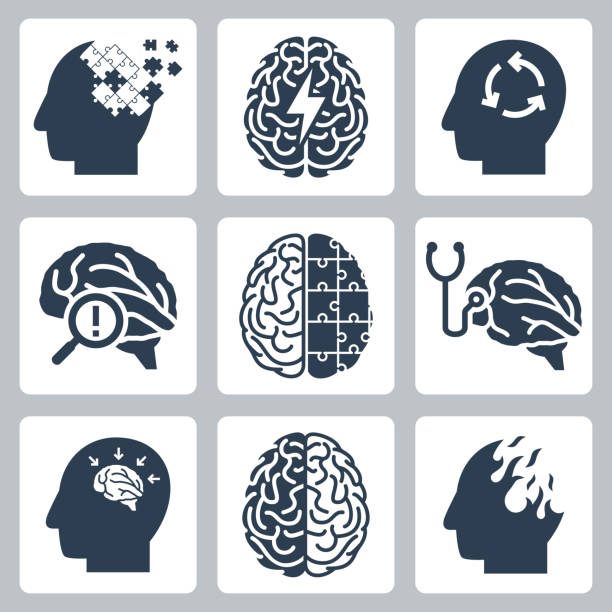Types Of Intellectual Disabilities

Intellectual disability is a term used when a person has certain limitations in cognitive functioning and skills, including communication, it occurs due to health problems, genetic conditions, environmental factors, and problems during pregnancy and birth.
The common types of intellectual disabilities include autism, Down syndrome, fragile x syndrome, fetal alcohol syndrome, and Prader-Willi syndrome.
1.AUTISM
Autism or Autism spectrum disorder (ASD) is a developmental disability caused by differences in the brain.
People with ASD often have problems with social communication and interaction, and restricted or repetitive behaviors or interests.
People with ASD may also have different ways of learning, moving, or paying attention. It is important to note that some people without ASD might also have some of these symptoms.
People with ASD have behaviors or interests that can seem unusual. These behaviors or interests set ASD apart from conditions defined by problems with social communication and interaction only.
2.Down’s Syndrome
Down’s syndrome is an intellectual disability stemming from having a part of or an extra copy of chromosome 21 in the DNA. It is the most common chromosomal cause of mild to moderate intellectual disabilities in children.
Down syndrome affects development in children with down syndrome reaching key developmental stages later than the rest of the same age children. Down syndrome’s common symptoms include slow learning, short attention span, impulsive behavior, poor judgment, and delayed language and speech development.
Additionally, individuals with Down syndrome are prone to other health factors such as heart abnormalities, hearing loss, autism, vision problems, and respiratory conditions. Although children with down syndrome have a slower development rate, they will eventually meet all or any of the development milestones.
3.Fragile X Syndrome
Fragile X Syndrome is the most prevalent form of inherited developmental and intellectual disability. This genetic disorder results from a change or mutation in the X chromosome. The disability affects the development of a person, more so in the areas of learning and behavior.
It is worth noting that the fragile x syndrome disability is more prevalent in boys than girls. Individuals with fragile x syndrome do not exhibit the same signs and symptoms.
BY BONFACE KIREMA
Tags: Signstv Asd Down Syndrome Fragile X Syndrome


